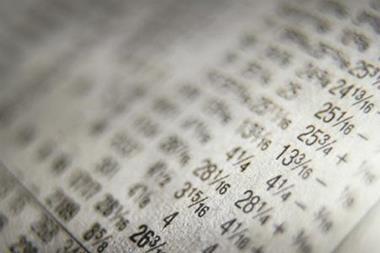We have seen a plethora of cases against tobacco companies, and now the food industry is under the spotlight for allegedly encouraging obesity. We all know that eating too much makes us fat, so why should there be a problem for the food industry? However, there clearly is.
A recent Ethical Investment Research Services report labels the 'obesity crisis' as a major risk for food and beverage companies. It says that producers are not doing enough to manage it, identifying three main problem areas:
- changes in the regulatory environment (including regulations on advertising to children and food labelling)
- litigation
- brand risk and consumer resistance.
Out of six companies analysed - Cadbury-Schweppes, The Coca-Cola Company, Kraft Foods, McDonald's, PepsiCo and Unilever - the report judges McDonald's and Unilever to have 'only limited systems in place to manage their social, environmental and ethical risks in relation to obesity.'
Cadbury Schweppes, who have developed a detailed code on responsible marketing and advertising to children, is among examples of good practice. McDonald's scores lowest on this criterion, even though the fast food company is one of only two of the six companies (along with Unilever) who explicitly acknowledge that they have a role to play in addressing childhood obesity. The report does not touch upon what the parents' role should be in discouraging childhood obesity.
This trend towards blaming the company, rather than crediting individuals with some common sense is a dangerous one.



















